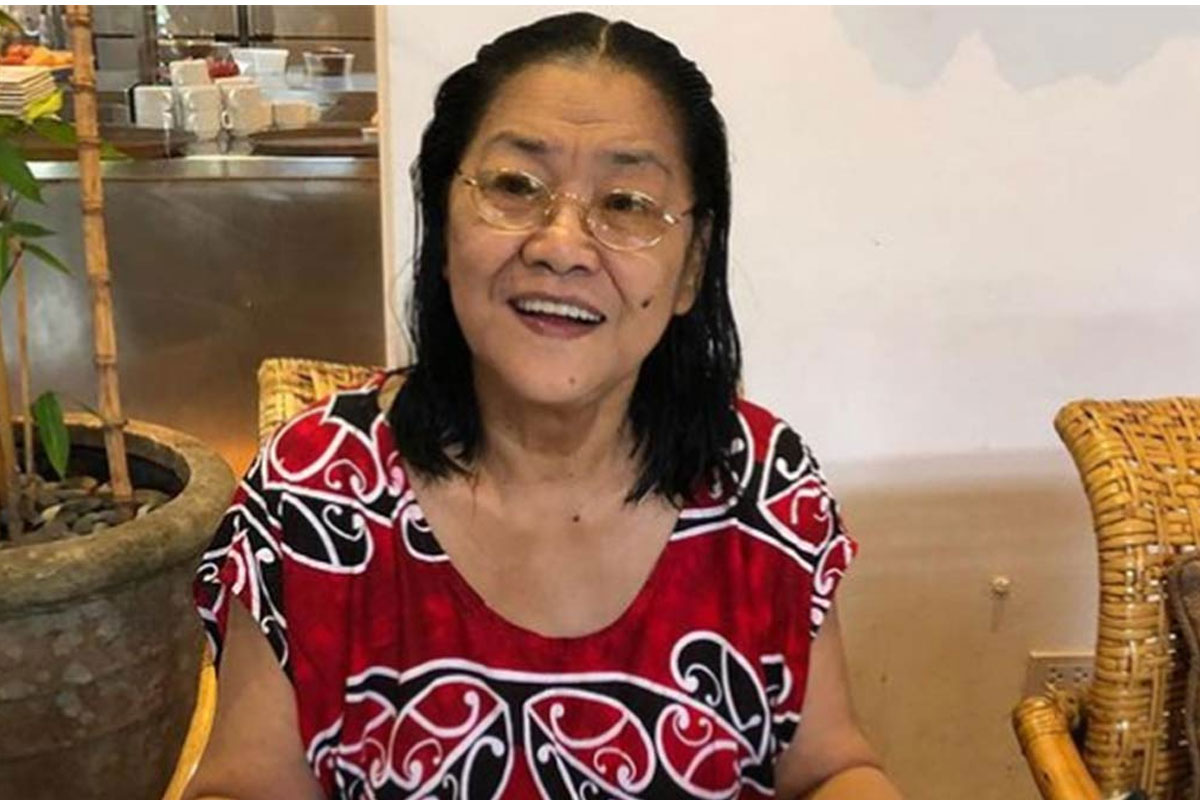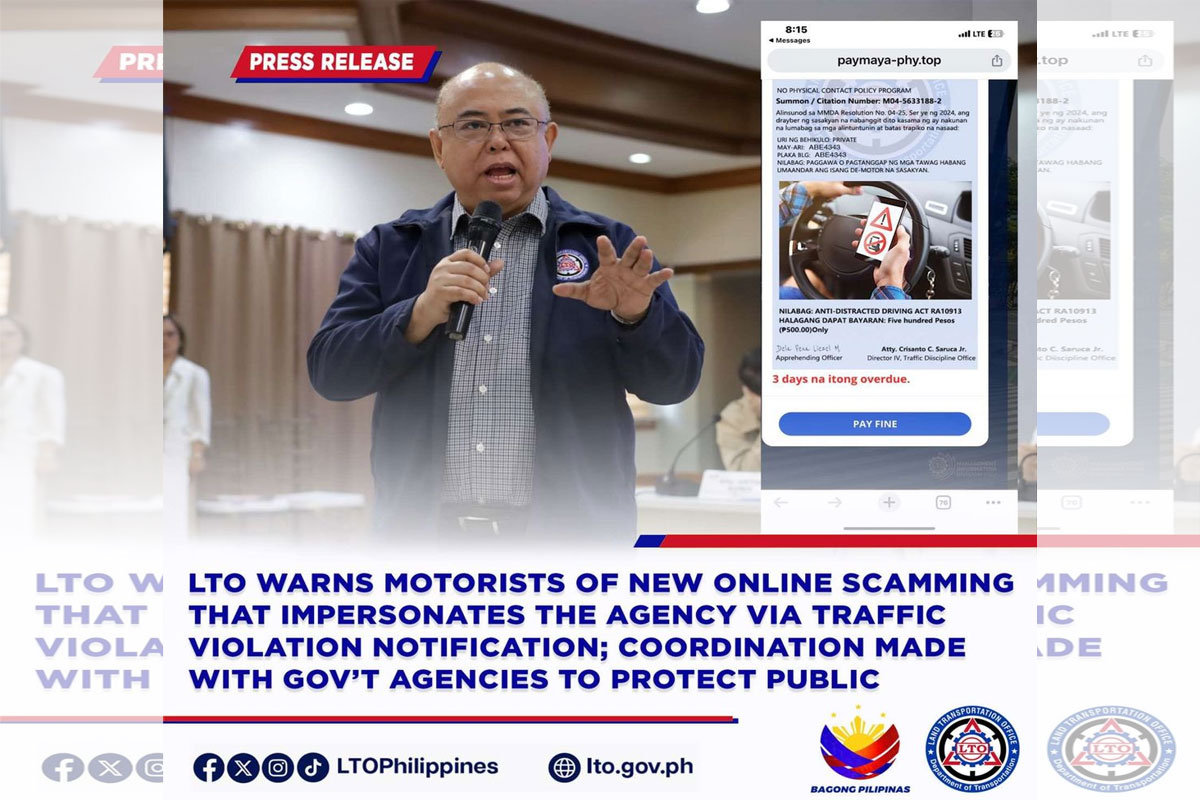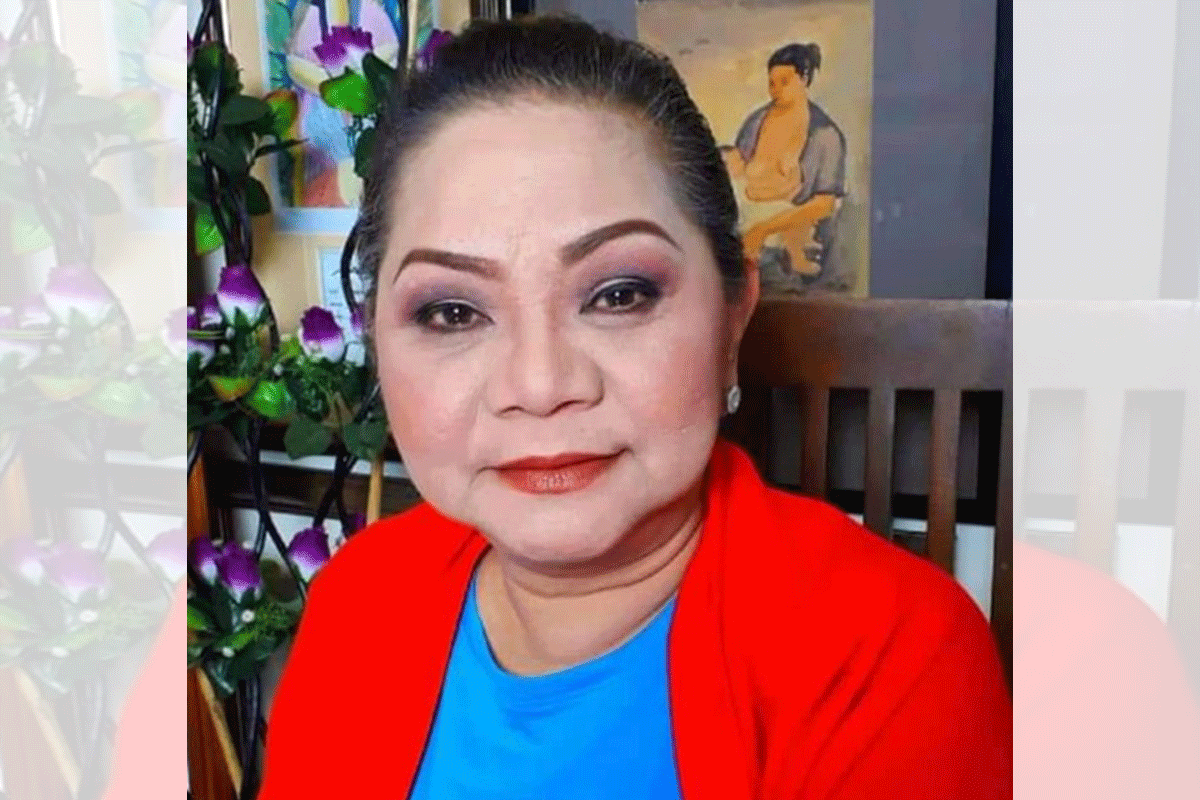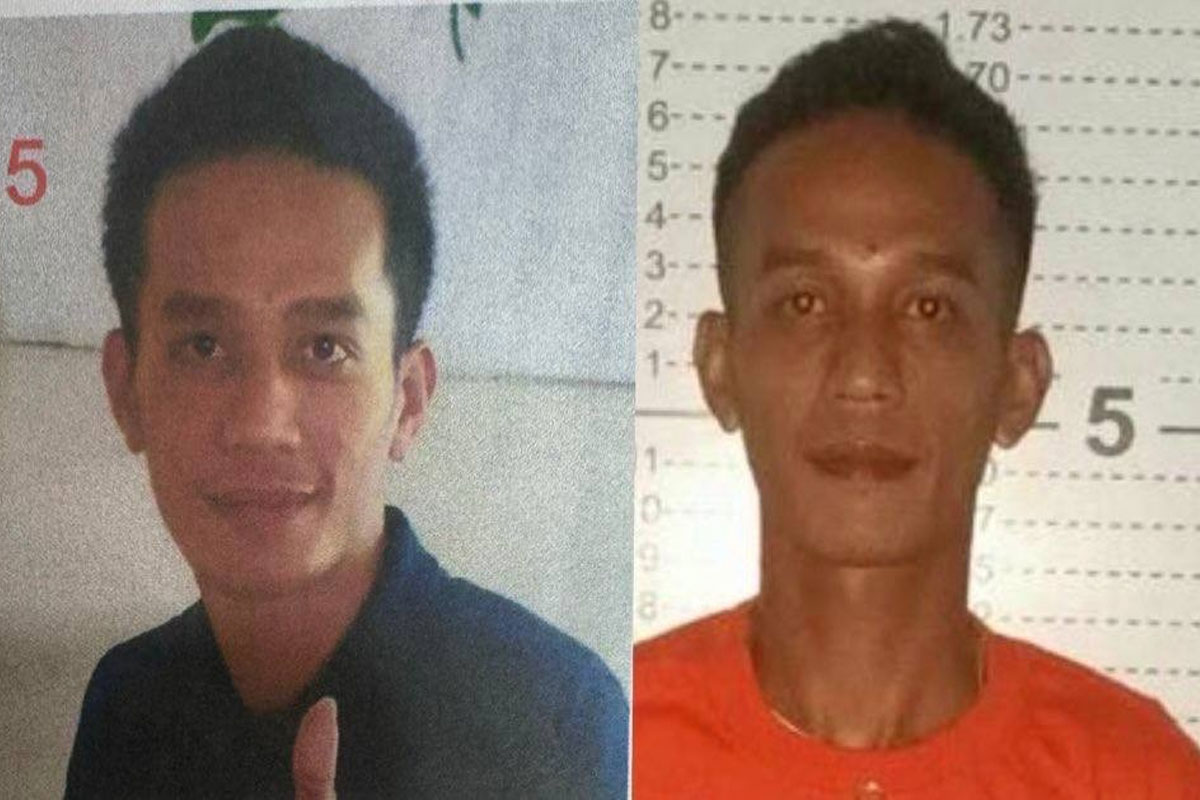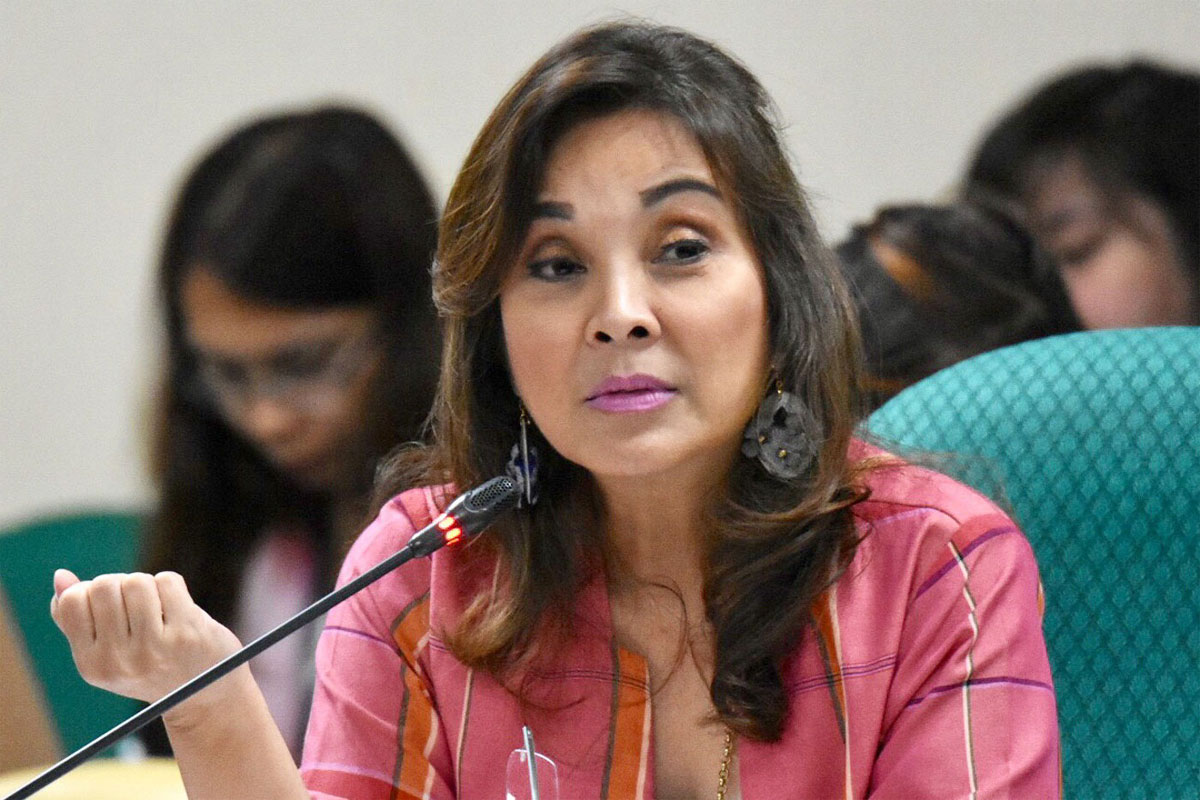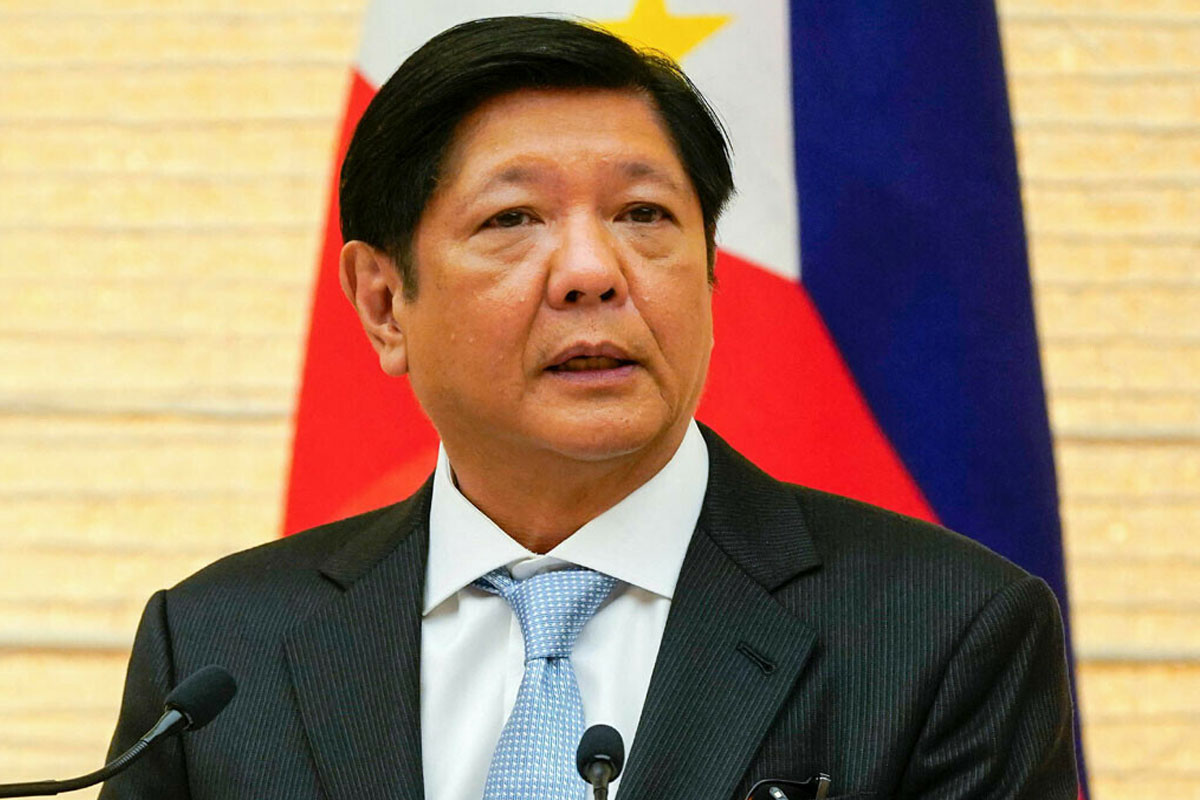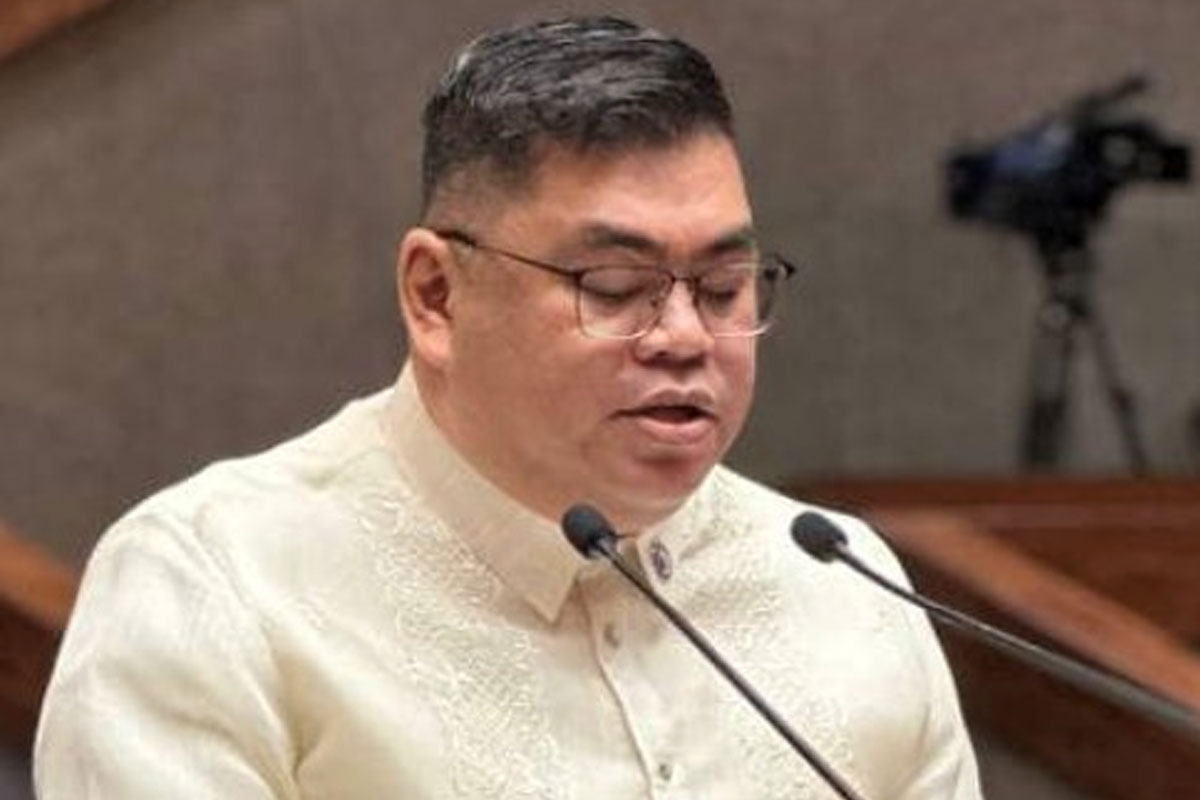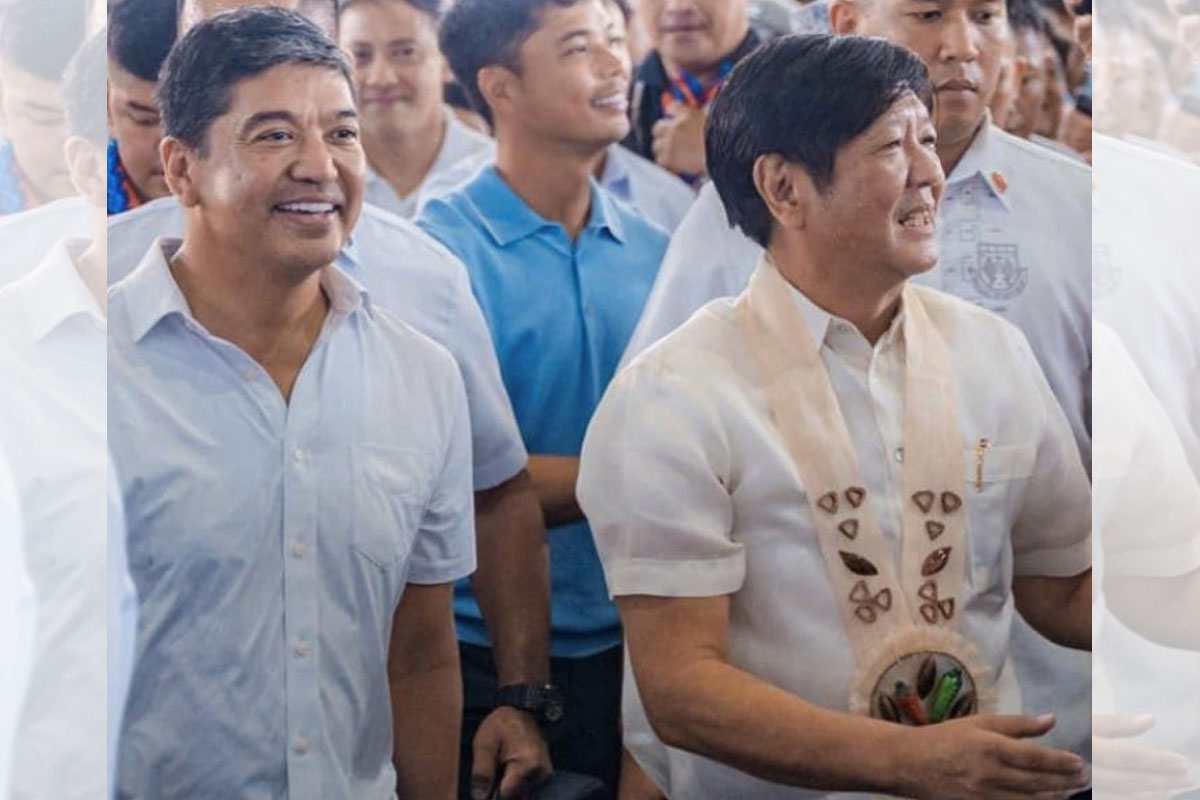 File photo of Camarines Sur Rep. LRay Villafuerte with President Ferdinand Marcos Jr.
Source: LRay VIllafuerte FB
File photo of Camarines Sur Rep. LRay Villafuerte with President Ferdinand Marcos Jr.
Source: LRay VIllafuerte FB
Villafuerte cites Time recognition of PBBM as one of most influential leaders in the world
FOR Camarines Sur Rep. LRay Villafuerte, the feats thus far achieved by President Marcos in propelling the Philippines onto the world stage by drumming up global support for such paramount issues as regional peace and climate justice, and pitching our country as back in business after Covid-19, has fittingly earned for him a spot on international magazine Time’s prestigious list of the world’s most influential people.
“Our President’s success in drawing the world’s attention to, and—more importantly—drumming up international support behind, concerns requiring collective and immediate action such as peace in the Indo-Pacific region amid nonstop Chinese bullying, and climate justice for the most vulnerable economies is no mean feat,” Villafuerte, National Unity Party (NUP) president, said.
“No wonder Mr. Marcos landed this year on Time’s annual list of the 100 most influential people in the world,” Villafuerte said. “He has earned this eminence with all the feats he has achieved in less than two years on the job in turning the spotlight on matters that affect the Philippines and the rest of the world, and, more crucially, in drumming up increasing global support behind these concerns.”
Villafuerte said that New York-based Time, which is one of the world’s most authoritative and reliable magazines, was spot on in explaining that President Marcos deserves to be in its 2024 list of topmost influencers for elevating the Philippines on the world stage, steadying its post-Covid economy, standing up to Chinese aggression in the contested South China Sea (SCS) and bolstering Manila’s alliance with Washington amid rising tensions in the region and the world.
In its latest issue, Time included President Marcos among the 24 political leaders on its 2024 list of the 100 most influential personalities in the world.
Villafuerte said that President Marcos’ initiatives in beefing up our country’s defense capabilities and mobilizing international support behind Manila’s territorial dispute with Beijing in the West Philippine Sea (WPS) culminated in his April 11 trilateral summit in Washington with President Joseph Biden and Japanese Prime Minister Fumio Kishida that bolstered these countries joint defense and security relations in the Indo-Pacific region.
He said the Washington summit took place last week as the Philippines held joint maritime patrols with the US, Japan and Australia in the WPS, in keeping with the Marcos-initiated policy of strongly upholding our country’s territorial integrity, on the basis of international law, and maintaining freedom of navigation and overflight in the Indo-Pacific region and beyond.
In fact, he said, Mr. Marcos has said that following that trilateral summit, Malacañang is looking at allowing Japanese troops to join next year’s annual Balikatan military exercises of American and Filipino soldiers, in support of maintaining peace and stability and freedom of navigation in the Indo-Pacific region, in accordance with the 1982 United Nations Convention on the Law of the Sea (UNCLOS).
Also, in an offshoot of that Washington trilateral summit, Villafuerte said that visiting New Zealand Prime Minister Christopher Luxon expressed on April 18 his country’s intent to join the multilateral efforts towards a comprehensive maritime security in the region.
The Bicolano legislator said the President has been proven correct in taking a strong stance on the WPS dispute, as public opinion polls show he has the support of most Filipinos on this national defense matter.
In a Dec. 3-7 survey by Pulse Asia commissioned by the think tank Stratbase Institute, 55% of the 1,200 respondents believe the Marcos administration was capable of fulfilling its promise to protect the WPS against the illegal actions of other states.
About 79% of the same Pulse Asia respondents said they want the Marcos administration to work with the US on addressing the WPS tensions, 43% said they want the government to work with Australia and 42% said they want us to work with Japan.
As for a separate OCTA poll, 60% of its 1,200 respondents in its Dec. 10-14, 2023 survey agreed with the Marcos government’s response to Chinese actions in the WPS, higher than the 58% who said so in its October 2023 survey.
Villafuerte noted that President Marcos and his economic team have pursued further structural and policy reforms responsible for our economy’s strong rebound from the Covid-driven global health and financial crises, leading to the Philippines’ status as one of Asia’s fastest-growing economies.
Capitalizing on this trademark of high and sustainable growth, Villafuerte said “the President took on the task of becoming our No. 1 salesman by launching an aggressive economic diplomacy in his overseas trips to pitch the Philippines to the international business community as the new investment haven in the region.”
Taking further action to tell the world that our country is back in business and conducive for overseas investments, he said “the President has taken it upon himself to ask the Congress to pass a constitutional reform measure removing the restrictive provisions of the 1987 Charter on foreign participation in businesses, to prove that we are opening our doors wide to investors.”
Villafuerte is one of the lead authors of the House-approved Resolution of Both Houses (RBH) No. 7 on lifting foreign ownership restrictions in the Constitution, and has appealed to the Senate to pass its version—RBH 6—when the Congress resumes sessions after its Lenten break.
Alongside selling the Philippines to overseas investors in his foreign visits, Villafuerte said Mr. Marcos likewise made use of his official trips to advocate climate justice by calling on the world’s richest countries to deliver on their decade-old commitment to extend at least $100 billion yearly for programs that would make climate-vulnerable economies like the Philippines more resilient to the devastating impact of global warming.
“In so doing, President Marcos has become the champion or spokesman of the world’s most vulnerable economies seeking climate financing or justice from highly industrialized states emitting most of the greenhouse gases (GHG) in the air responsible for worsening planet warming.
In his first official overseas trip in September 2022 to attend the United Nations General Assembly (UNGA) in New York, the President pitched for climate justice by reminding wealthy nations of their unmet commitment to give financial and technical support to non-affluent states like the Philippines, he said.
In the APEC Economic Leaders’ Meeting (AELM) Retreat Session, meanwhile, Villafuerte said that our President had warned other heads of states that the world is now facing what he called “the greatest environmental challenges of all time” that require “strong, immediate and coordinated international action.”
At the APEC forum, he said that President Marcos had reiterated Manila’s commitment to advancing cooperative solutions from the previously agreed international accords on protecting the environment and reversing the climate crisis, including the United Nations (UN) Framework Convention on Climate Change (UNFCCC) of 1992 and the Paris Agreement of 2015.
In the UN Climate Change Conference of the Parties (COP) sessions, Villafuerte said that Mr. Marcos also urged rich states to contribute to a trade and investment environment that helps countries cut GHG emissions, facilitate climate financing and ensure genuine and effective technology transfer for the most vulnerable developing economies.
For Villafuerte, our Chief Executive “has the moral high ground to champion climate action for all developing states that are reeling from the largely unbridled pollution caused mainly by the world’s richest countries like the US and China, given that he is President of our country that is regarded as one of the nations most vulnerable to worsening climate change hazards like killer typhoons, flash floods and prolonged dry spells.”
Moreover, our Chief Executive is the most ideal point person for the climate-action advocacy, he said, because rather than mope over the dismal failure of rich nations to come through on their 2009 pledge to extend $100 billion-worth of annual financial aid by 2020 to developing states, “the Philippines, under President Marcos’ leadership, is pursuing a bold and ambitious agenda on climate action despite anemic financial support from the developed world for high-risk countries to cut their carbon footprint.”
Villafuerte backed the President’s position in these international conferences that the Philippines is responsible for only 0.3% of global GHG emissions but has been battered each year by stronger and more destructive typhoons because of rising global temperatures resulting from the worsening climate crisis.
As pointed out by the Presidential Communications Office (PCO) in an April 18 statement, our President Marcos’ inclusion on Time’s annual list reflected “his brand of leadership that puts the national interest and the welfare of every Filipino above all else. Despite geopolitical tensions and the hurdles posed by the Covid-19 pandemic, President Marcos has elevated the Philippines on the world stage and contributed to regional stability, notably in the Indo-Pacific region … (and) continues to steer the country towards peace and prosperity towards his vision of a Bagong Pilipinas.”
Earlier, Villafuerte rallied all Filipinos behind President Marcos’ relentless and aggressive push for a multilateral approach with like-minded country-allies on ensuring freedom of navigation and overflight in the Indo-Pacific region amid the increasingly provocative maritime incursions of Beijing into what are clearly and legitimately part of Philippine seas.
Villafuerte said: “It is incumbent upon all Filipinos to support the Marcos administration’s policy on strongly asserting our sovereignty and jurisdiction over our EEZ (exclusive economic zone) as set under the 1982 UNCLOS and upheld by the PCA (Permanent Court of Arbitration) in The Hague in its 2016 Arbitral Ruling that junked China’s ostensibly historic claim to almost all of the South China Sea (SCS).”
“This is no longer a matter of whether one is a political supporter or not of the President and his Administration,” he said. “Our territorial integrity is at stake and it thus behooves all of us Filipinos to support the government’s appropriate policy of defending our borders in accordance with international law and as upheld by the 2016 PCA Arbitral Ruling.”
“Such broad and deep public support is a must, more so now when a majority of our people clearly support this national defense stance and Mr. Marcos has secured broadening international support behind the establishment of a united front with like-minded countries to uphold freedom of navigation and overflight in the interest of peace and prosperity in the IndoPacific region and beyond,” Villafuerte added.
Villafuerte at the same time called on the Marcos administration to capitalize on its recent diplomatic coup in Washington with the forging of a Philippine defense and security alliance with the US and Japan, by lobbying for the speedy approval of the proposed five-year spending plan of the Biden administration for the modernization of the Armed Forces of the Philippines (AFP), including the upgrade of the Philippine Coast Guard (PCG)’s capability to defend our seas.
He was referring to the “Philippine Enhanced Resilience Act” bill introduced by bipartisan American senators who seek to authorize $500 million yearly in Foreign Military Financing (FMF) grant assistance to the Philippines between 2025 and 2029—0r a total of $2.5 billion over the five-year period.
Villafuerte said that as the President himself stressed following his April 12 meeting with US defense officials at the Pentagon in Washington, the Philippines “cannot afford to be complacent” despite the intensified defense and security relations with our allies, as “the intensity, and the potential disastrous consequences of the security threats facing us today necessitate that we work harder and continuously improve.”
For Villafuerte, Manila’s trilateral agreement with Washington and Tokyo plus its parallel military cooperation agreements with other allies like Australia and South Korea on the Marcos watch has improved prospects for peace and stability in the SCS in the long run.
Also, Villafuerte agreed with Speaker Martin Romualdez that the “strategic victory” achieved by the President with the Washington-Tokyo-Manila formal alliance on maintaining regional peace underlines the strength of the bilateral and multilateral partnerships that have been pursued by Mr. Marcos to address complex security challenges, against the backdrop of nonstop bullying by the Chinese Coast Guard (CCG) and Chinese Maritime Militia (CMM) of Filipino vessels and fisherfolk in the WPS.



